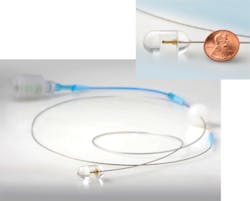http://www.ninds.nih.gov/research/translational/index.htm
National Psoriasis Foundation Translational Grants program:
https://www.psoriasis.org/research/our-research/grants/translational
https://ctsi.mcw.edu/investigator/funding/pilot-grants/
SPORE grants from the National Cancer Institute:
http://www.parkinsons.org.uk/content/translational-research-grants-call-drug-targets
In the late 1980s, the successful translation of laboratory technology to commercial product had a different name: technology transfer. While this term still holds for many industries, here's hoping that the "translational research" buzzword will indeed improve clinical outcomes; sometimes, it's 'what's in a name' that counts.


